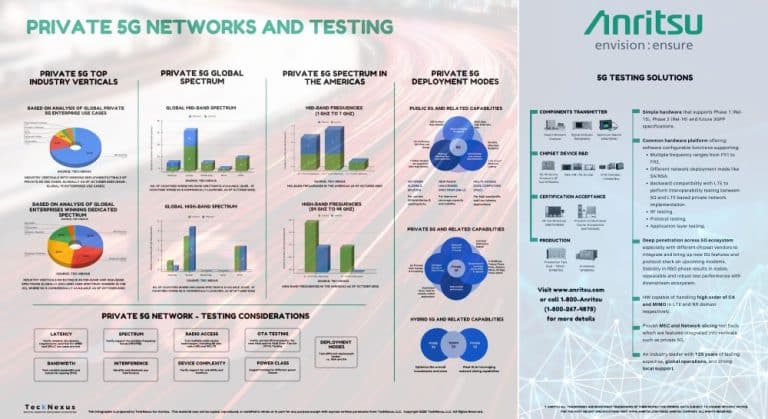Amazon has introduced a cutting-edge generative AI-powered shopping assistant named Rufus to enhance the shopping experience for UK customers. Alongside Rufus, Amazon is rolling out a new feature called AI Shopping Guides, which together represent the latest in a series of AI-driven innovations designed to make online shopping easier, faster, and more personalized.
These advancements are set to revolutionize how customers navigate Amazon’s extensive product catalog by offering tailored recommendations, simplified product comparisons, and insightful shopping guidance—all within the familiar Amazon Shopping app and website.
Rufus: Amazon’s New AI-Powered Shopping Assistant
Rufus is designed to make product discovery and decision-making easier for shoppers by answering questions, offering personalized product suggestions, and helping customers compare items—all in real-time. Trained on Amazon’s massive product catalog and powered by generative AI, Rufus can respond to a wide range of customer queries. Whether you’re looking for product recommendations or need help deciding between two options, Rufus is there to assist.
UK customers in the beta program can access Rufus by simply tapping the icon in the bottom-right corner of the Amazon Shopping app. Once engaged, customers can ask Rufus questions like, “What do I need for baking?” or “Compare electric razors,” and receive tailored responses based on product details, customer reviews, and information from across the web.
Some of the ways Rufus enhances the shopping experience include:
- General Product Research: Customers can ask Rufus for information on broad product categories such as “types of headphones” or “best coffee machines.”
- Shopping by Occasion: Rufus helps users shop for specific events or purposes, recommending products based on activities like climbing, gardening, or cooking.
- Product Comparisons: Rufus allows customers to compare features across similar products, making it easier to decide between options.
- Personalized Recommendations: Rufus can provide suggestions for gifts, children’s toys, or other specific needs.
- On-Page Product Insights: While browsing a specific item, customers can ask Rufus questions like “Is this jacket machine washable?” or “Is this beginner-friendly?” and receive quick, accurate responses.
Rufus makes it easier than ever for UK customers to navigate Amazon’s vast selection, helping them make more informed purchase decisions with minimal effort.
AI Shopping Guides: Helping Customers Find What They Need Faster
In addition to Rufus, Amazon is introducing AI Shopping Guides, which are designed to streamline the shopping process for over 100 different product categories. These guides consolidate key information about products, including essential features, customer reviews, and popular brands, making it easier for shoppers to find the right item.
The AI Shopping Guides don’t just focus on high-ticket items like TVs or kitchen appliances but also cover everyday essentials like running shoes, moisturizers, and dog food. By providing a curated selection of trusted brands and products, these guides help customers avoid feeling overwhelmed by Amazon’s extensive inventory.
Key benefits of AI Shopping Guides include:
- Consolidated Information: Shoppers can quickly access the most important details about a product category, including use cases, key features, and brand recommendations.
- Customer Reviews and Insights: The guides highlight what other customers are saying about products, making it easier to gauge whether an item is right for you.
- Refined Search Results: Customers can narrow down their options based on specific needs, such as looking for eco-friendly products or items suited for specific occasions.
Seamless Integration with Rufus
The AI Shopping Guides are deeply integrated with Rufus, allowing customers to transition smoothly from browsing guides to asking Rufus more detailed questions about specific products. For instance, while reading a guide on headphones, users can ask Rufus to compare two models or inquire about customer feedback on a particular brand.
By leveraging large language models (LLMs) and Amazon’s Bedrock AI platform, these guides are continually updated to ensure they remain accurate and reflect the latest product trends. This dynamic updating process guarantees that customers always have access to the most relevant and up-to-date information.
Amazon’s Broader AI Strategy: Building a Smarter Shopping Experience
Amazon’s deployment of Rufus and AI Shopping Guides is part of its larger commitment to using AI to improve the customer shopping experience. For over 25 years, Amazon has integrated AI into various parts of its platform, from personalized recommendations to fulfillment center operations.
Recently, Amazon has introduced a range of AI-powered features aimed at making shopping more convenient:
- AI-Generated Review Highlights: These summaries help customers quickly understand the general sentiment of reviews for a product.
- AI-Enhanced Product Listings: Amazon assists sellers by using AI to create more engaging and informative product titles and descriptions, helping customers make faster decisions.
- AI for Clothing Fit: Amazon uses AI to help customers find clothes that fit better based on their personal preferences.
- Visual Search Features: These features allow customers to use images to search for products similar to what they see, making product discovery even more intuitive.
How to Access AI Shopping Guides and Rufus
Initially, AI Shopping Guides will be available on iOS, Android, and mobile web in the U.S., with plans to expand beyond 100 product categories in the coming weeks. To access the guides, customers can search for products within Amazon’s autocomplete feature, or visit the “Keep Shopping For” section on Amazon’s homepage, where guides related to recent browsing activity will appear.
As Amazon continues to roll out Rufus and AI Shopping Guides across more markets, these tools will increasingly become an integral part of the shopping experience, making it easier for customers to discover, research, and buy products.
The Future of AI in Amazon’s Shopping Ecosystem
While it’s still early days for these AI-powered tools, Amazon is committed to improving the accuracy and usefulness of Rufus and the AI Shopping Guides over time. The company encourages users to provide feedback by rating Rufus’s responses and submitting comments, which will help fine-tune its performance.
By continuously testing and expanding these features, Amazon aims to make the shopping process even smoother, more intuitive, and more personalized. As generative AI evolves, Rufus and the AI Shopping Guides will play a key role in shaping the future of online retail.
With these innovations, Amazon is redefining what it means to shop online, offering customers AI-driven tools that make discovering, researching, and purchasing products easier than ever before. Whether you’re a seasoned online shopper or new to Amazon, these tools are designed to empower you to make smarter, faster, and more confident buying decisions.























